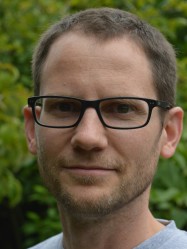BibTex format
@article{Hou:2018:10.1109/TMI.2018.2798801,
author = {Hou, B and Khanal, B and Alansary, A and McDonagh, S and Davidson, A and Rutherford, M and Hajnal, J and Rueckert, D and Glocker, B and Kainz, B},
doi = {10.1109/TMI.2018.2798801},
journal = {IEEE Transactions on Medical Imaging},
pages = {1737--1750},
title = {3D reconstruction in canonical co-ordinate space from arbitrarily oriented 2D images},
url = {http://dx.doi.org/10.1109/TMI.2018.2798801},
volume = {37},
year = {2018}
}

